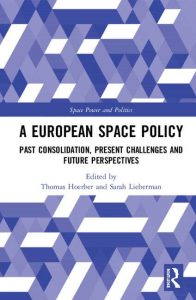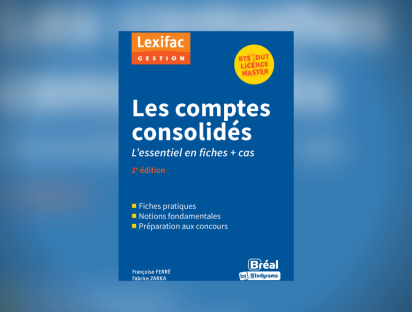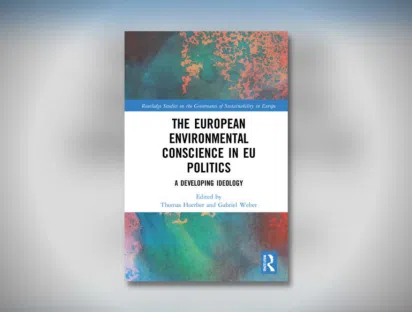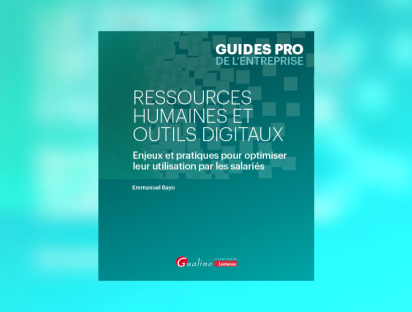A EUROPEAN SPACE POLICY
PAST CONSOLIDATION, PRESENT CHALLENGES AND FUTURE PERSPECTIVES
Edited by Thomas Hoerber and Sarah Lieberman
In this book co-authored with Sarah Lieberman, Thomas Hoerber reveals the effects of space activities on European integration and illustrates how to use space policy to establish a European identity. The book shows the importance of space policy and identifies neo-institutionalism as a driver of the space policy in the European integration.
Today, the space strategy is translated into concrete programmes with tangible impact on European citizens. Space applications play an important role in our daily lives. For example, it is due to satellites that we receive television or have access to high-speed internet connection. In case of natural disasters, lives can be saved thanks to earth observation data. Moreover, earth observation from space allows the exploration of the solar system and improves telecommunication and satellite navigation services.
The authors explain the role of the European Commission as an independent authority of the EU, which takes care of the general interest and which has employed substantial means to place European space policy at the heart of the Europe 2020 strategy. The two flagship programmes in Europe in which the European Commission is involved along with European Space Agency (ESA) and the French National Centre for Space Research (CNES) are GALILEO for geo-positioning and COPERNICUS for the observation of the earth environment. Both programmes are carried out through EU cooperation with the European Space Agency.
ESA is a leading player in space activities providing through its own launchers (Ariane, Soyuz and Vega) independence from other major space powers. ESA is developing an “exclusively peaceful cooperation between European states in the fields of space research and technology and their applications for use for scientific purposes”.*
GALILEO, one of the EU’s flagship programmes in space, is a satellite positioning system and has been built for the purpose of independence from the American GPS-System (Global Positioning System). While GALILEO is exclusively civilian, GPS is run by the US military. The respective programmes are called GLOMASS for Russia and BEIDOU and COMPASS for China.
COPERNICUS, initially Global Monitoring for Environment and Security (GMES), is the 2nd major space programme providing earth observation data with seven satellites put into orbit by 2018 that monitor the atmosphere, soil, sea and climate.** These data can be used as well for emergency and security services.
Currently, the new space conquest takes place almost in a legal void. The book mentions the Lisbon Treaty, which lays down the financial, institutional and legal framework within the EU. It points to the existence of a substantial European space industry and emphasizes the major political and economic issues.

Thomas Hoerber, Director EU*Asia Institute
Thomas Hoerber and Sarah Lieberman also state that:
- China, due to its increasing industrial and commercial power, is experiencing rapid growth in its defence budget. The ambition of China’s space policy, by using its technological capabilities, is to explore and exploit space mineral resources and take the leading position in the space race. The Chang’e 4 Probe was launched at the end of 2018, to the far side of the Moon. The dream of the Chinese nation is to live “one day […] in a lunar palace” with the first facilities of a moon village put in place from 2035 onwards.***
- The National Aeronautics and Space Administration (NASA), the U.S. space agency, is the world’s leading space actor. There too, a considerable increase in the defence budget boosts the U.S. military space programmes and maintains the U.S. leadership in space. However, the policy of President Trump is to reduce the budget allocated for scientific research that would irrefutably prove the existence of climate change.
Let us conclude by saying that the book, in the chapter by Sarah Lieberman, cites Brexit and its impact on the evolution of the European space policy. It should be noted that the United Kingdom is the third largest contributor to the European Space Agency’s budget. For the UK‘s implication in EU space programmes the question has to be asked: Will the UK have access to GALILEO and COPERNICUS in the future?

Sarah Lieberman, Canterbury Christ Church University
The European Space Agency and the Commission need to reform the political and financial cooperation agreements. Space is an investment in the future. It has created high-tech jobs, but at the same time sovereignty issues play out. Maintaining independent access to space is vital in the current political, economic and diplomatic debate.
* French Ministry of Higher Education, Research and Innovation (2011), Stratégie et recherche spatiale http://www.enseignementsup-recherche.gouv.fr/pid26044-cid56088/politique-spatiale-europeenne.html
**BBC (2018), Seventh EU Sentinel goes into orbit, https://www.bbc.com/news/science-environment-43902674
*** Slate (2018), Le grand bond vers l’espace de la Chine, http://www.slate.fr/story/168470/chine-espace-programme-spatial-station-lunaire-cnsa
[cite]





